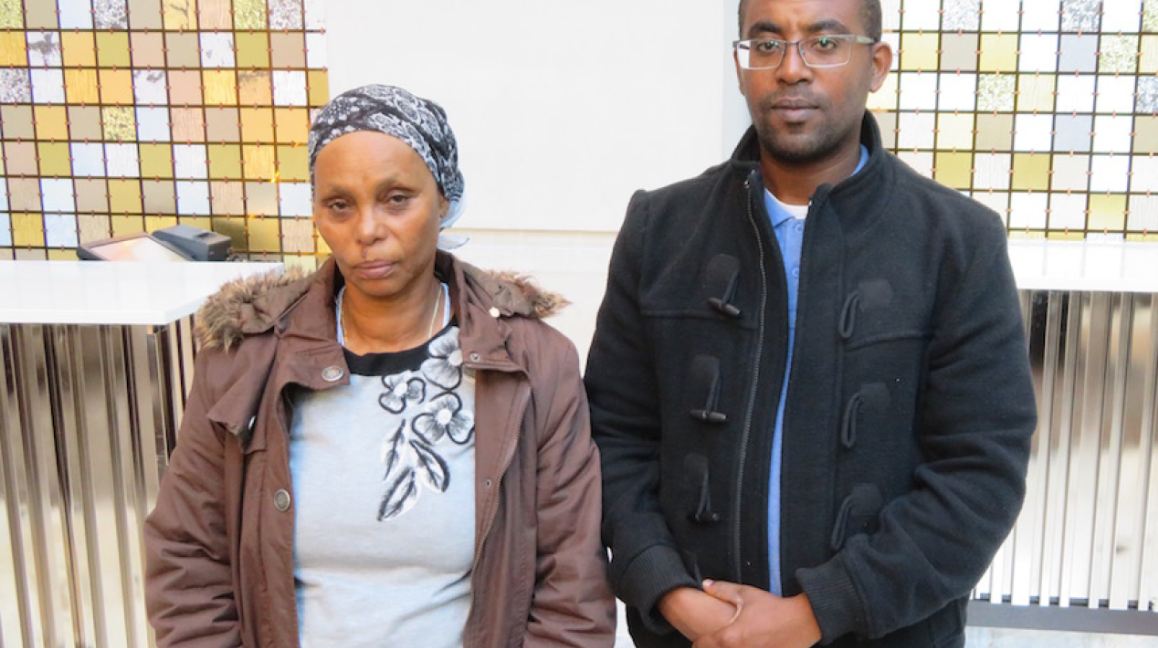Donald Sterling’s conversation with his former girlfriend is a veritable cornucopia of dysfunction. Bubbling to the top is the obvious racism, no doubt bolstered by a long history of discrimination in his real estate holdings. But intermixed with his bigotry, Sterling displays a host of other character flaws, from elitism to vanity to hypocrisy. It takes a special type of racist to tell his half-Latino half-black, less-than-half-his-age girlfriend not to be photographed with black men. But what many overlook is the near crippling fear that Sterling is operating under.
For the purposes of National Basketball Association, or most of American society for that matter, it is not particularly important why Sterling holds the views he does, only that he be reprimanded. In the Jewish community, however, it matters a great deal. You see Sterling is not simply expressing hatred toward black people. He is doing that, undoubtedly. But what seems to be motivating him is his fear of what association with black people could mean for his girlfriend and by extension, himself. He is operating according to a worldview in which racial or ethnic identity is the determinant factor in whether one succeeds or fails in life, and it seems very much as if he is afraid of being ousted as a fraud.
Why would a man who arguably faces no barriers to entry in all walks of life, with enough money to do as he wishes, be afraid of what others think of him? Enter the complex dynamics of a once pitiful and oppressed minority operating within the racial construct of the United States. Jews came to America for opportunity, as did many. Jews were not alone in seeking legitimacy in America, but perhaps differently than other peoples who were differentiated by the color of their skin, Jews were able to attain acceptance, in part, by passing as, and eventually, becoming white.
American Jews owe no apologies for embracing their dominant European identity. The security to choose how we want to live our lives regardless of the social realities around us is a newly found luxury. However, this does not absolve us of recognizing the ways in which the transition to “whiteness” in America has impacts our community. Part of becoming white in America has meant becoming embroiled in the racial politics, and while Jews have often been on the right side of the fight against racism, pretending that racism hasn’t crept in would be folly. Racism is not dead yet, neither in general American society, nor within the Jewish community.
It is dying, however—at least in its current incarnation. The changing demographics of the American population make it all but a foregone conclusion that the America that Donald Sterling lives in will end as a more multicultural America takes its place. As people of color become the majority of the country’s population over the next few decades, a transition that’s already happened among the nation’s youngest residents, it is important for the Jewish community to understand what this means for us.
The Jewish community, tragically, risks irrelevancy if it remains stuck in a past where whiteness is perceived as necessary for survival. Tragic, because whiteness, or any form of mono-culturalism is foreign to the long history of Jewish identity. The American future portends a dramatic reversal, where groups stuck in a racialized past, unable to embrace multiculturalism in America, and more importantly, within their own communities, become relics. The good news is that multiculturalism is natural to Judaism. Jews represent perhaps the most culturally, ethnically, and racially mixed people on the planet. It is this narrative of the Jewish people that the American Jewish community must embrace while sloughing off the fear-based perspective clung to by the Donald Sterlings of the world.






